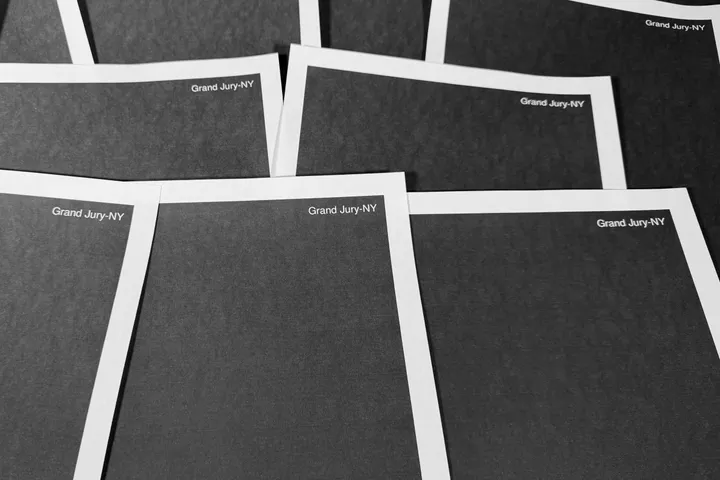The United States’ decision of withdrawing its troops from Syria may lead to improving ties between Gulf states and Israel, special adviser and rabbi to King of Bahrain Hamad bin Isa al Khalifa, Martin Schneier said.
Israeli Prime Minister Benjamin Netanyahu will travel to Bahrain in the first month of 2019 said Schneier in an interview with Times of Israel.
“The US moving out of Syria might accelerate this deal of bringing Israel and the Gulf together,” the rabbi said.
Bahrain has been lately showing a lot of support for Israel, with its comments regarding Israel’s involvement in other Middle Eastern countries. Around a year ago US President Donald Trump decided to recognise Jerusalem as Israel’s capital and Bahrain backed Australia’s decision that followed the US announcement.
Australia's stance “doesn’t contradict Arab Peace Initiative,” the Foreign Minister Sheikh Khaled Bin Ahmad al Khalifa tweeted.
Citing Saudi Arabia’s ambassador to the US, Khalid bin Salman, Schneier explained that there are two reasons behind the expected warming of relations between Israel and the Gulf countries.
The first reason is economic. In 2015, Crown Prince Mohammed bin Salman assumed greater power in Saudi Arabia, a country which Bahrain heavily depends on. The Saudi Crown Prince aimed to rebrand the kingdom’s image through economic reforms.
“We [Saudi Arabia] can’t do it without Israel,” referring the economic reforms, Schneier quoted bin Salman as saying.
The second reason is Riyadh’s dogged rivalry with Tehran - a country that Israel has long viewed as an existential threat.
Saudi Arabia became Trump’s primary partner in the Middle East, and his first visit abroad was to Riyadh. In a meeting where some of the major Gulf states also attended, the countries galvanised support against Iran.
During the visit, Trump announced one of its largest-ever arms deal with Saudi Arabia, which can total up to around $380 billion.
After solidifying its relationship with Israel, the Trump administration in July promised Netanyahu an Iran-free Syria, where Tehran-backed militias have been supporting the Assad regime.
Five months later, Trump announced withdrawing American soldiers from Syria, where the US has been carrying out air strikes since 2014.
According to the rabbi Schneier “The US moving out of Syria might accelerate this deal of bringing Israel and the Gulf together.”
Saying that it will continue to protect itself in Syria, Israel was reportedly disappointed by the decision, which was seen as a victory for Tehran and other Syrian regime allies.
But Trump later responded saying that “we give Israel $4.5 billion" every year to help them to defend themselves, so "Israel will be very good."
Concerned with its archrival Iran’s approach towards the Israeli-occupied Golan Heights in Syria, Tel Aviv has been carrying out air strikes on Iran-backed militias in the country.
Schneier said, what happened with the decision of withdrawal is that “Iran has now taken over the race” and has become the number one force driving the Sunni Arab world’s opening to Israel.
Political experts say the US has an ultimate plan for the Gulf states’ role in the region, including Syria.
As Israel gives signals that ties will get stronger with some of the Arab countries, another milestone has been marked recently between the US and Saudi Arabia when Trump announced that Riyadh would be footing the bill of reconstruction of Syria instead of Washington.
As a result of Israel’s effort to build ties with Gulf countries, Netanyahu visited Omani Sultan Qaboos bin Said al Said in November.
Sheiner predicts 2019 will be the year that “one or two Gulf states establishing diplomatic relations with Israel” and “Bahrain will be the first.”
Pointing out that Arab states are still very concerned about the Palestinian cause, the rabbi said there are still “hurdles along the trail.
“I am not saying we have arrived at the promised land of Gulf-Israel relations. But the good news is that the journey has begun,” he said.
























